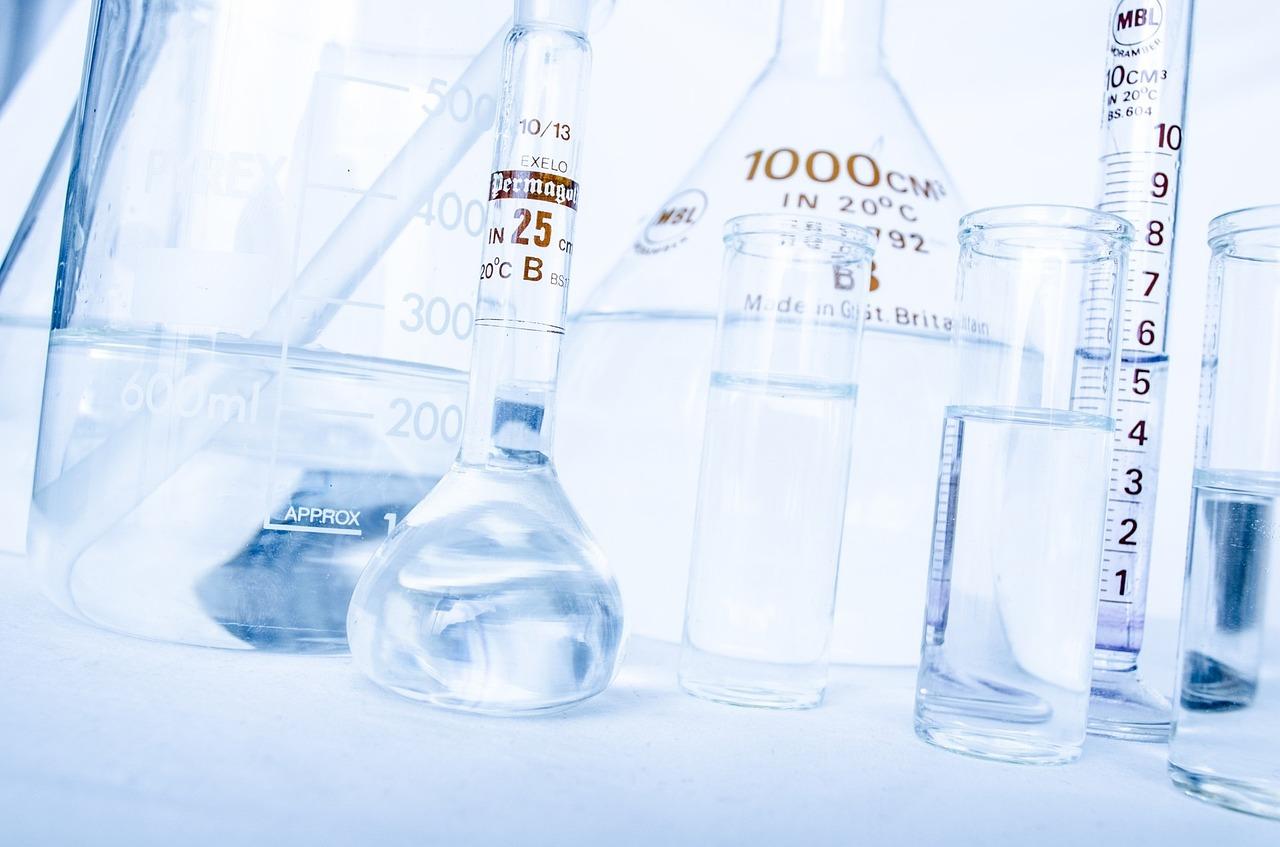Employers and Universities: Work with us?

Why study chemistry?
Chemists get to ask some great questions, from “If I set this on fire what will happen?” to “If I combine these elements together in the right way can I create something totally new”? And it’s all part of the job.
Chemists use their experiments and knowledge to develop medicines, foods, fabrics and other materials, from neon lights to shatterproof glass.
‘Studying biology could lead to a career preventing disease, caring for animals or assessing the impacts of pollution’
What is chemistry?
Chemistry is sometimes known as the "central science" because it helps to connect physical sciences, like maths and physics, with applied sciences, like biology, medicine and engineering.
Chemists conduct experiments to study how elements work in different conditions, test how they mix, and work out what they are made up of right down to the tiniest particle.
The results can be groundbreaking, colourful, explosive, or almost impossible to see.
Chemists use their experiments and knowledge to develop medicines, foods, fabrics and other materials, from neon lights to shatterproof glass.
They also use it to understand the world around us, from why leaves change colour to discovering invisible pollutants in the air.
Teachers, bring chemistry careers into your classroom…
Our colourful guides and posters are a great way to make careers learning interactive while ticking off all eight Gatsby benchmarks!
- Gatsby Subject Guides – Explore how the skills and knowledge students develop in chemistry lead to real jobs – packed with case study interviews! All subjects available – buy individually or as a set. Browse in our shop now.
- Subject Posters – From the future of jobs in chemistry to top industries and key skills linked to your subject, choose the best careers poster to brighten up your classroom wall. All subjects available. Browse in our shop now.
What employability skills will I get?
All that questioning and experimentation can be really handy when it comes to building a whole range of skills for work, including:
- Analysis – you’ll examine experiment results, like changes in temperature or colour and interpret data from graphs or tables to work out what’s happening and why.
- Attention to detail – you’ll handle precise measurements, follow step-by-step methods, and write careful observations.
- Critical thinking – when results don’t match your predictions, you’ll evaluate why. Was there an error in your method? Could another factor have influenced the reaction?
- Logical thinking – you’ll follow structured processes like writing balanced chemical equations or using reaction rules to predict what substances will form.
- Problem solving – when an experiment doesn’t work or a result is unexpected, you’ll work out what went wrong and think of ways to improve your method.
What subjects does chemistry go with?
Chemistry will help in your study of other sciences and technical subjects including: biology, engineering, geography, geology, maths, IT, physics and psychology.
You might be surprised to learn that studying chemistry alongside a modern language or an essay-based subject like history will help you in the sciences as well. This will help you communicate your ideas and findings clearly and coherently in a way the layperson will understand.
What degrees do I need chemistry for?
Chemistry is part of the gang of four – which includes maths, physics, chemistry and biology.
For degrees in medicine or geology, you will usually need two out of these four subjects at A-level. Chemistry is often highly recommended, especially for the life sciences, which study living organisms – like us!
Chemistry is usually required for degree courses in: biochemistry, chemical engineering, dietetics (studies in food and nutrition), dentistry, pharmacy – and chemistry, of course!
It is often needed or recommended for: biology, medicine, other types of engineering, environmental sciences, geography, materials science, nursing, physiotherapy, psychology, sports science, veterinary science and zoology.
What apprenticeships is chemistry useful for?
Many apprenticeships from level 2 all the way up to level 7 have a chemistry focus. Here are just a few examples:
- Food and drink engineer – Keep production lines running smoothly, making sure food and drink are made safely and to high standards.
- Manufacturing engineer – Help design and improve how everyday products are made, using science and problem-solving to boost efficiency.
- Pharmacy technician – Prepare and supply medicines, making sure people get the right treatment in the right way.
- Research scientist – Carry out experiments and analyse results to develop new materials, medicines, or technologies.
- Water environment worker – Test and protect our water sources, helping manage flood risks and keep ecosystems healthy.
What careers can chemistry lead to?
Chemistry will help you get ahead in most STEM (science, technology, engineering and maths) careers and more besides.
Chemistry is an important subject for careers in: energy, engineering, environmental science, medicine, metallurgy (studying how metals behave), pharmaceuticals, product design (including cosmetics), research, science writing, software development, space exploration, teaching and toxicology.
Roles include:
- Biochemical engineer
- Chemical engineer
- Food scientist
- Forensic scientist
- Geochemist
- Industrial chemist
- Pharmacist
- Pharmacologist
- Toxicologist
Don't believe us? Check out our interviews with people who all studied chemistry at A-level or beyond and went on to have fantastically varied careers:
For more information on careers in chemistry, take a look at our post Five exciting career choices for chemistry students.
Top five Career Zones to explore:
- Agriculture & Environment
- Energy & Utilities
- Manufacturing & Industry
- Medicine & Healthcare
- Science & Research
